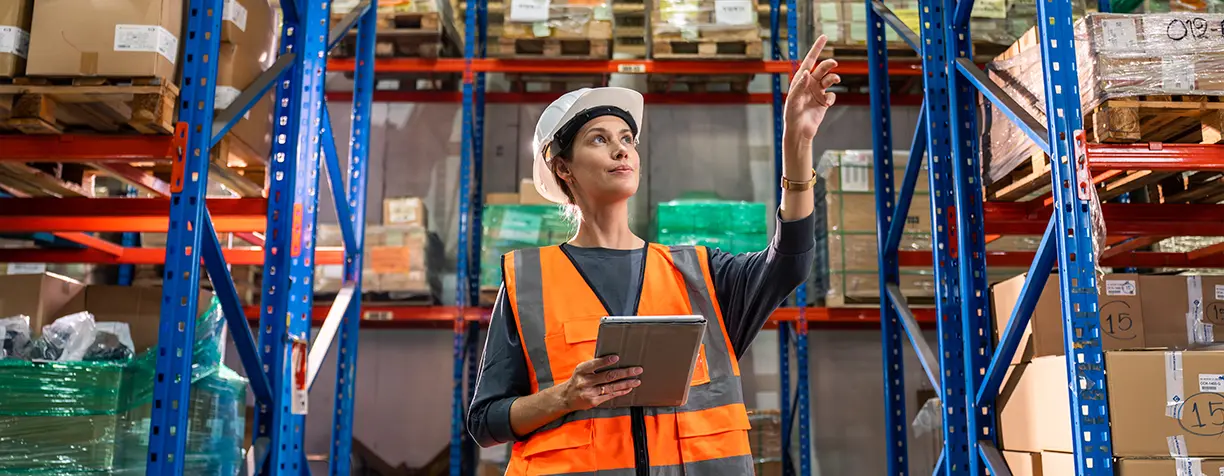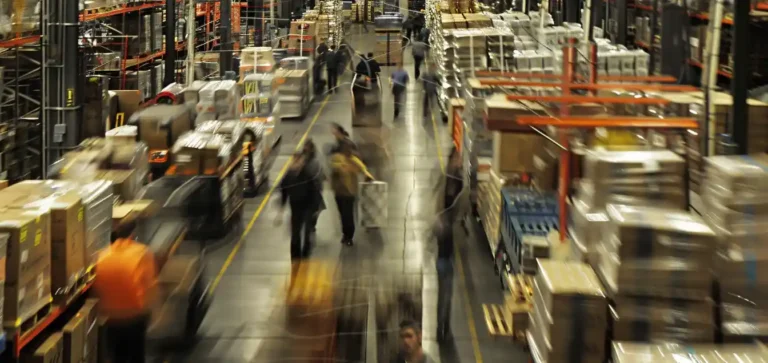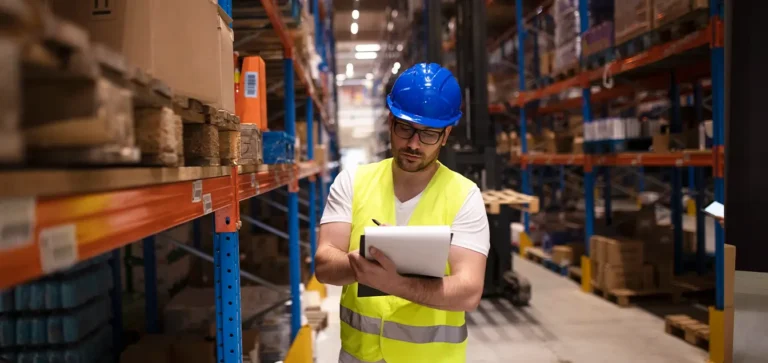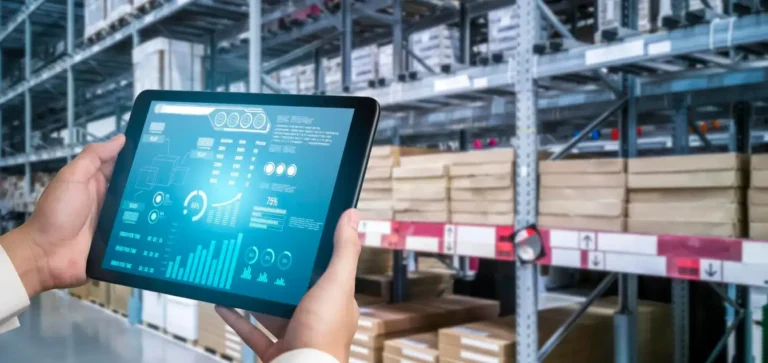Retail fulfillment is experiencing a profound transformation, with technology playing a pivotal role in driving efficiency, speed, and accuracy. As consumer expectations continue to rise, retailers must adapt proactively to new technological advances. In the future of retail fulfillment, it will be essential for businesses to understand these trends and technologies to stay competitive. Below, we explore five technologies shaping the future of retail fulfillment and discuss strategies to overcome common fulfillment challenges, improve retail processes, and ultimately meet customer demands.
Table of Contents
The Evolution of Retail Fulfillment
The journey from traditional retail fulfillment to today’s tech-driven operations shows how consumer behavior has driven significant changes in the industry. The rise of e-commerce, for instance, has forced retailers to adopt new fulfillment strategies, including direct-to-consumer (DTC) models and omnichannel solutions that integrate physical and online shopping. The evolution of retail fulfillment has made it necessary for businesses to adapt quickly, investing in warehouses, partnering with 3PL companies like DelGate in Canada, and employing cutting-edge technology to meet increasingly high customer expectations.
How Technology is Revolutionizing Retail Fulfillment
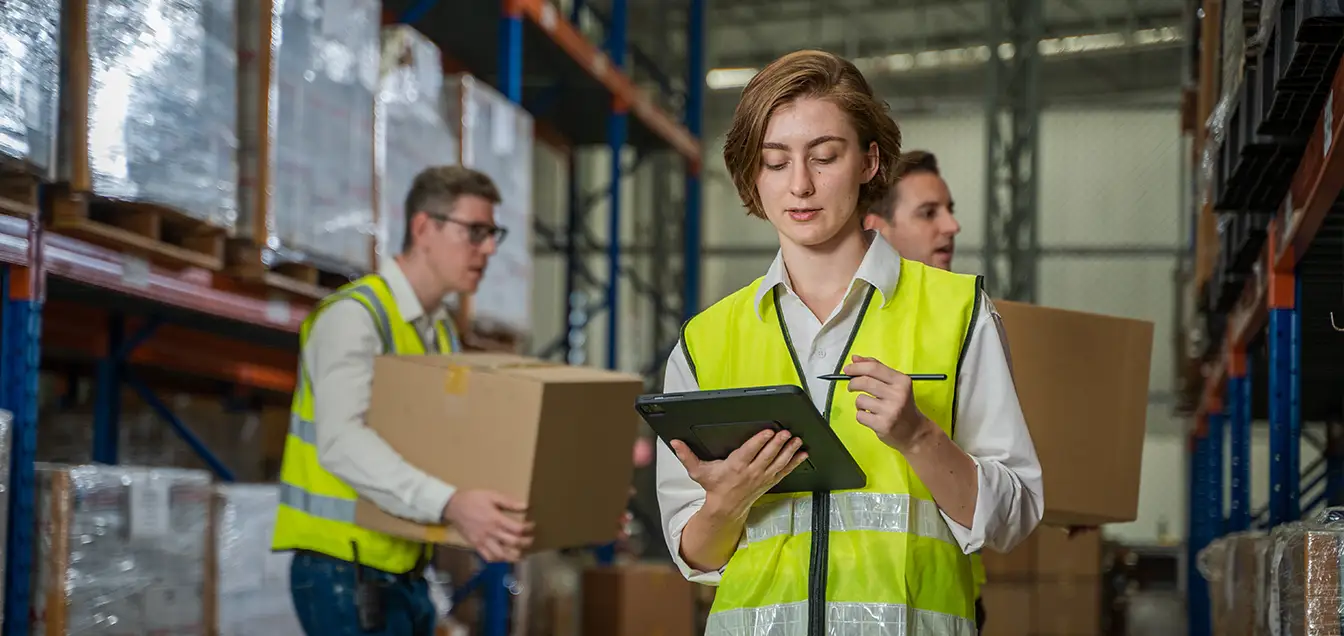
Technology is set to play an even greater role in the future of retail fulfillment. Below are five innovative technologies reshaping the landscape of retail fulfillment.
1. Artificial Intelligence and Machine Learning for Demand Forecasting
Artificial intelligence (AI) and machine learning are game-changers for demand forecasting, helping retailers predict purchasing trends and stock inventory accurately. By analyzing customer data, seasonality, and other trends, AI-driven solutions enable retailers to optimize their stock levels, reducing both overstock and stockouts. This leads to less waste and a more reliable inventory, which in turn boosts customer satisfaction.
Example: A case study from DelGate showed that by using AI for demand forecasting, one client was able to reduce stockouts by 30% over six months. This approach not only helped the retailer meet demand effectively but also contributed to a 20% increase in customer satisfaction.
2. Robotics and Automation in Warehouses
Warehouse automation, including the use of robotics, is one of the most impactful changes in the future of retail fulfillment. Automated systems help streamline labor-intensive processes such as picking, sorting, and packaging, which traditionally require significant manpower and are prone to human error. Technologies like Automated Guided Vehicles (AGVs) and robotic arms can work tirelessly, improving efficiency and accuracy.
Example: After integrating robotic systems in their warehouse operations, a Canadian fulfillment center reported a 25% improvement in productivity. These robots, designed to assist with repetitive tasks, allowed employees to focus on more complex aspects of the supply chain, contributing to an overall smoother fulfillment process.
3. Internet of Things (IoT) for Real-Time Tracking
The Internet of Things (IoT) has brought unprecedented visibility to supply chains, allowing retailers to track and monitor items at every step. IoT sensors can monitor products in transit, while RFID tags provide real-time updates on stock levels, which reduces the likelihood of overstock or stockouts. This enhanced visibility is a cornerstone of the future of retail fulfillment, providing accurate insights and improving transparency.
IoT solutions also improve customer service by providing real-time tracking information directly to customers. This tracking capability not only gives retailers more control over their inventory but also provides customers with visibility into their deliveries, helping build trust and satisfaction.
4. Blockchain for Secure Transactions
Blockchain technology offers unparalleled security and transparency, making it highly relevant for fulfillment technology solutions in retail. By creating a decentralized, immutable record of transactions, blockchain allows retailers to verify product origins, reduce fraud, and improve data security. Blockchain’s ability to ensure authenticity and protect against tampering is critical in an industry that handles thousands of transactions daily.
Many retailers have begun using blockchain technology to provide customers with added transparency, such as verifiable proof of product origin. This secure approach allows customers to see each stage of the product’s journey, creating a new level of confidence and reliability.
5. Drone and Autonomous Vehicle Deliveries
![]()
Last-mile delivery is an expensive and time-consuming aspect of fulfillment. As autonomous vehicles and drones advance, the future of retail fulfillment will likely include faster, more cost-effective last-mile solutions. While regulatory barriers and infrastructure remain hurdles, drone and autonomous vehicle deliveries promise to reduce labor costs and speed up delivery times, especially in remote areas.
Example: A recent Canadian study predicted that drone delivery could cut last-mile delivery times by 30% and reduce costs by 20% in certain regions. As this technology progresses, it holds the potential to reshape delivery for both urban and rural customers alike.
Productivity Increase After Technology Adoption in Fulfillment
| Technology | Average Increase in Productivity |
| AI for Demand Forecasting | 30% |
| Robotics in Warehousing | 25% |
| IoT Tracking Solutions | 20% |
| Blockchain Security | 15% |
| Drone and Autonomous Delivery | 10% |
Challenges in Retail Store Fulfillment
Despite the advantages, retailers face challenges in retail store fulfillment. Key obstacles include inventory mismanagement, labor shortages, and high delivery costs. For retailers, balancing cost efficiency with customer satisfaction remains a challenge. Retailers must adopt strategies that can address these issues, ensuring they’re equipped for the future of retail fulfillment.
Importance of Retail Store Fulfillment
In today’s fast-paced market, effective retail store fulfillment is critical for meeting customer expectations. When retailers manage their fulfillment efficiently, they ensure timely deliveries and reduce the risk of delays or incorrect shipments. This contributes to stronger brand loyalty and improves overall customer experience. Efficient fulfillment also builds credibility and helps set a business apart in a competitive market.
Example: Amazon’s rapid delivery service, including same-day and next-day options, has set a standard that many retailers now strive to achieve. Meeting similar expectations requires robust fulfillment processes.
Top Retail Fulfillment Tips
- Utilize Data Analytics: Leverage customer data to anticipate demand and optimize stock levels.
- Automate Where Possible: Incorporate robotics and AI to streamline repetitive tasks.
- Choose a Reliable 3PL Partner: A reputable partner like DelGate can provide scalable and cost-effective 3PL logistics Canada solutions.
- Improve Real-Time Tracking: Use IoT and blockchain to improve inventory visibility and reduce discrepancies.
Leading Companies in Retail Fulfillment Services
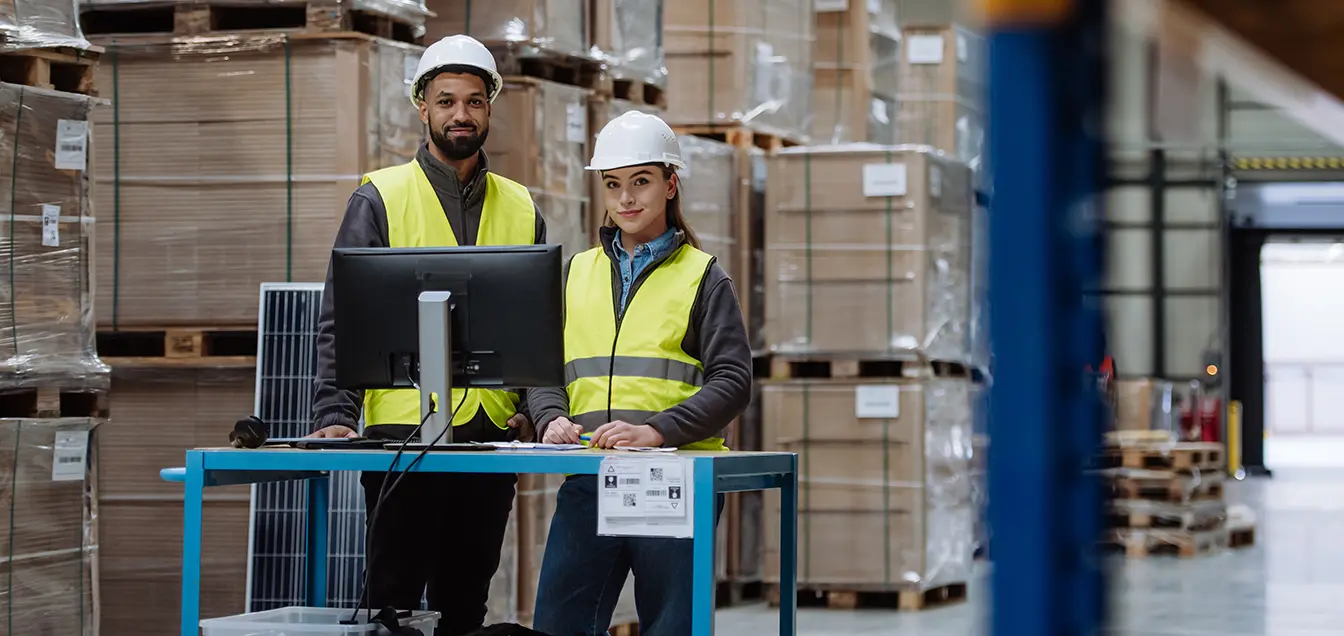
- DelGate: Known for efficient and scalable 3PL logistics Canada services.
- Shopify Fulfillment Network: Offers comprehensive fulfillment services Canada to meet diverse retailer needs.
- Amazon Logistics: Known for fast, reliable fulfillment solutions worldwide.
- UPS Supply Chain Solutions: Provides end-to-end fulfillment and logistics.
- FedEx Supply Chain: Specializes in customized fulfillment solutions for different industries.
Future Trends in Fulfillment Technology Solutions
The future of retail fulfillment promises further technological advancements, with a focus on AI, robotics, and enhanced customer experiences. As innovations continue to emerge, retailers will be able to meet demands more efficiently and accurately, transforming how products are delivered to consumers.
For additional information on retail fulfillment trends, check out Forbes’ insights on supply chain advancements.
By embracing these technologies, retailers can better navigate the future of retail fulfillment and meet consumer expectations in an ever-evolving market.

